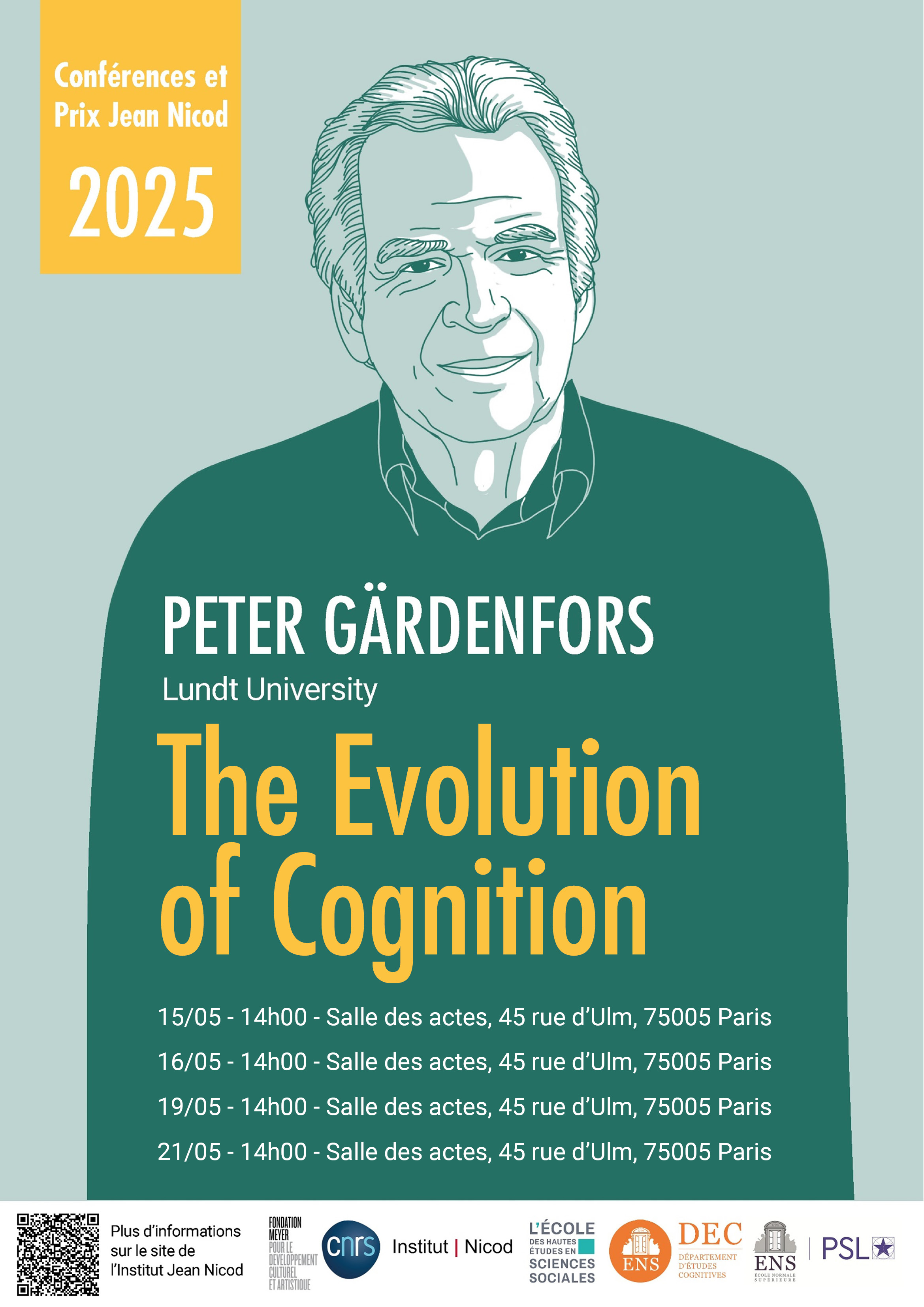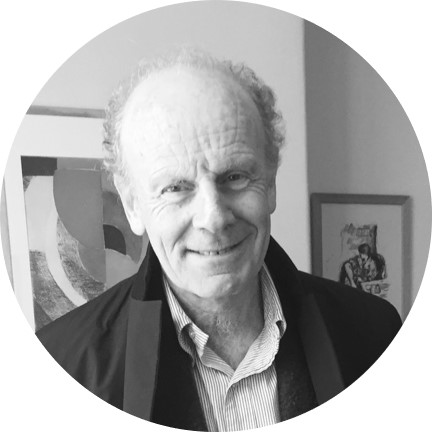Home > Seminars/Conferences > Jean Nicod Prize > Conférences et Prix Jean Nicod
Jean-Nicod Lectures and Prize
The Jean Nicod lectures in Cognitive Philosophy were created by a small group of French analytic philosophers in 1993 in order to promote philosophical research on cognition. They were named after the French logician Jean Nicod who died at age 30 but who had a strong impact in early analytic philosophy.
The first lecturer was Jerry Fodor (Rutgers University) and the first volume in the Jean Nicod lecture series was Fodor’s The elm and the expert, which was to become a landmark in philosophy of mind. Since then the Jean-Nicod Lectures have been delivered every year by philosophers whose work is relevant to the aims of the various cognitive sciences, and by cognitive scientists whose work has philosophical implications for our understanding of the cognitive architecture and mental processes of minded animals.
The topics addressed by the Jean-Nicod Lectures over the years include among many others : the computational picture of thought ; the representational approach to mental processes ; the role of content in cognitive scientific explanation ; discourse semantics ; object-files ; core cognition ; phenomenal consciousness ; the boundaries between perception and cognition ; free will and motor cognition ; emotions and rationality ; moral cognition ; communication in social cognition ; natural pedagogy ; teleosemantics ; adaptationism and the evolution of cognition.
The recipient presents his or her research in a series of four lectures, sponsored by the Département d’Etudes Cognitives (ENS-PSL University) and by the EHESS. They are then compiled into a book. In 2013, the Jean Nicod prize was created to come with the lectures, with the generous support of the Fondation Meyer pour le développement culturel et artistique and the Fondation CNRS.
Organisation : Frédérique de Vignemont
|
For more information : Interview with the philosopher of the mind Pierre Jacob |

Jean Nicod Prize 2025
The Institut Jean Nicod is honored to present the Prix Jean Nicod 2025 Peter Gärdenfors and to welcome him for a series of lectures.

Previous recipients of the Jean Nicod Prize since 1993
2024 - Christopher Peacocke (Columbia University) - Understanding Music
2023 - Nancy Kanwisher (MIT) - Functional organization of the human brain : A window into the architecture of the mind
2022 - Peter Godfrey-Smith (University of Sydney) - The Evolution of Experience
2021 - Frances Egan (Rutgers University, New Jersey) - Deflating Mental Representation
2020 - Leda Cosmides & John Tooby (University of California, Santa Barbara) - The Adaptationist Revolution and the Transformation of the Cognitive Sciences
2019 - Martine Nida-Rümelin (University of Fribourg) - Philosophical fundamentals for scientific studies of consciousness
2017 - John Campbell (University of California, Berkeley) - How language enters perception
2016 - Patrick Haggard (London University College) - Volition, Agency, Responsibility : Cognitive Mechanisms of Human Action
2015 - David Chamlers (New York University), Spatial experience and virtual reality
Prix 2014 - Uta & Chris Frith (London University College) - What makes us social
2013 - Ned Block (New York University) - Conscious, Unconscious, Preconscious
2011 - Gergely Csibra & György Gergely (CEU Budapest) - Natural pedagogy
2010 - Tyler Burge (University of California) - Thresholds of Reason
2009 - Elisabeth Spelke (Harvard University) - Sources of Human Knowledge
2008 - Kim Sterelny (Victoria University of Wellington) - The Fate of the Third Chimpazee
2007 - Stephen Stich (Rutgers University) - Moral Theory Meets Cognitive Science : How the Cognitive Science Can Transform Traditional Debates
2006 - Michael Tomasello (Max-Planck Institute, Leipzig) - Origins of Human Communicationhttp://archive.wikiwix.com/cache/?u...
2005 - Gilbert Harman (Princeton University) - The Problem of Induction and Statistical Learning Theory
2004 - Zenon Pylyshyn (Rutgers University) - Things and Places. How the mind connects with the world
2003 - Ray Jackendoff (Tufts University) - Mental Structures. Language, Society, Consciousness
2002 - Ruth Millikan (University of Connecticut) - Varieties of Meaning
2001 - Daniel Dennett (Tufts University) - Sweet Dreams. Philosophical Obstacles to a Science of Consciousness
2000 - John Searle (University of California Berkeley) - Rationality in Action
1999 - John Perry (Stanford University) - Knowledge, Possibility, and Consciousness
1998 - Susan Carey (New York University) - The Origins of Concepts : Evolution vs Culture
1997 - Jon Elster (University of Columbia) - Strong Feelings. Emotion, Addiction, and Human Behavior
1996 - Hans Kamp (Stuttgart University) - Thinking and Talking about Things
1995 - Donald Davidson (University of California Berkeley)
1994 - Fred Dretske (Stanford University) - Naturalizing the Mind
1993 - Jerry Fodor (Rutgers University) - The Elm and the Expert : Mentalese and Its Semantics





